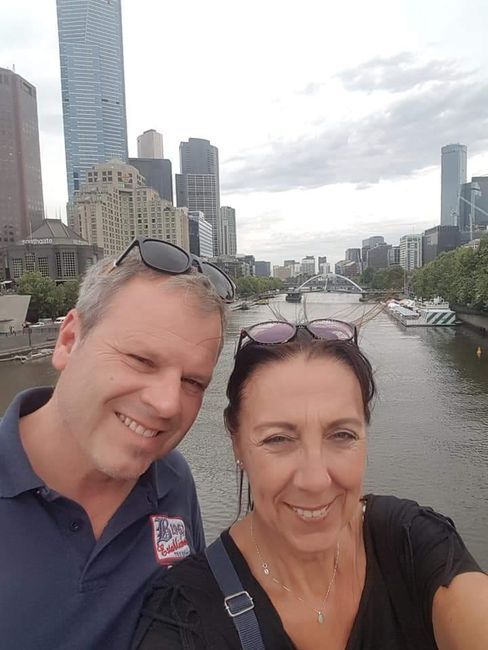Outback-Tour - Red Centre (10th - 12th Oct. 2018)
Weşandin: 12.10.2018
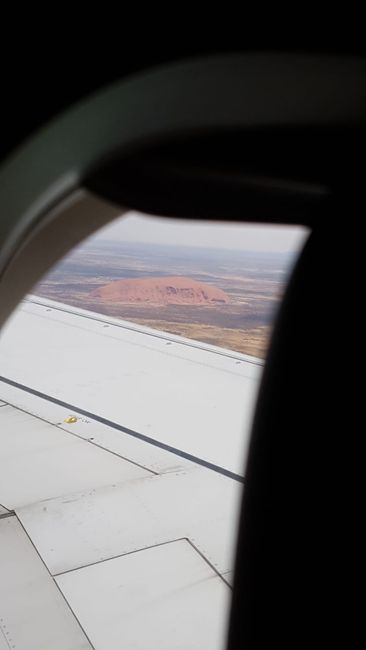
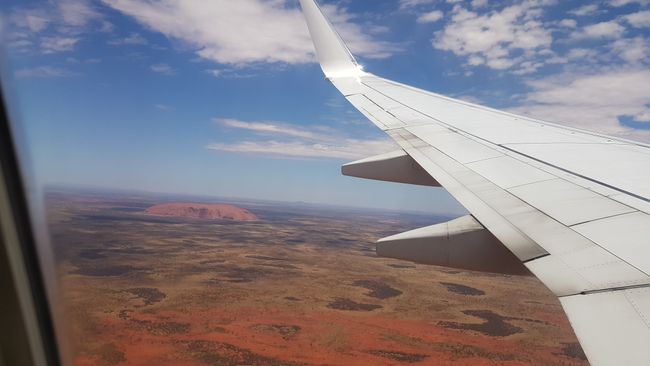
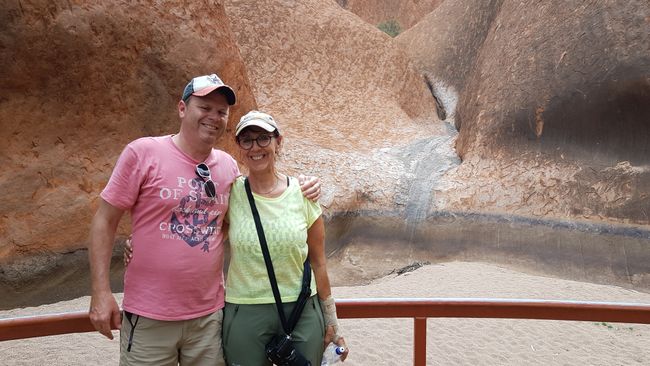
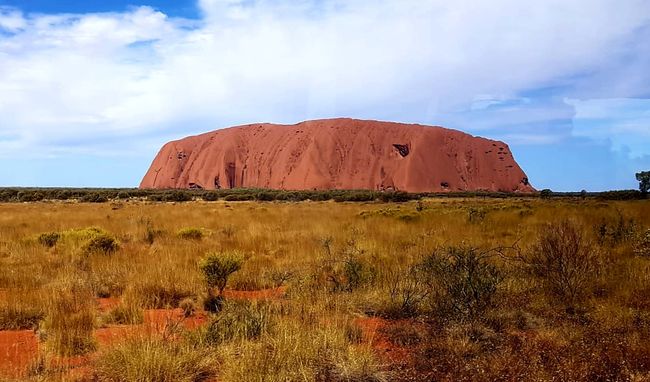
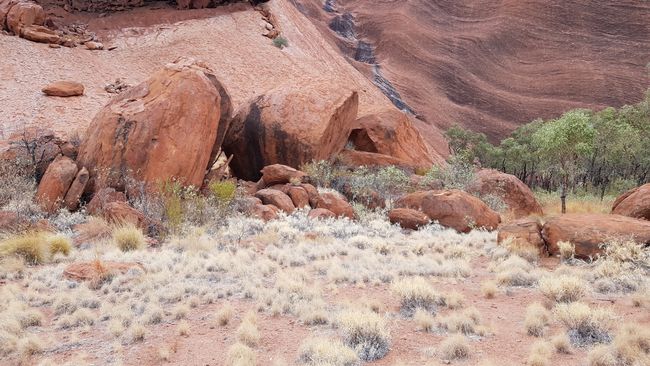
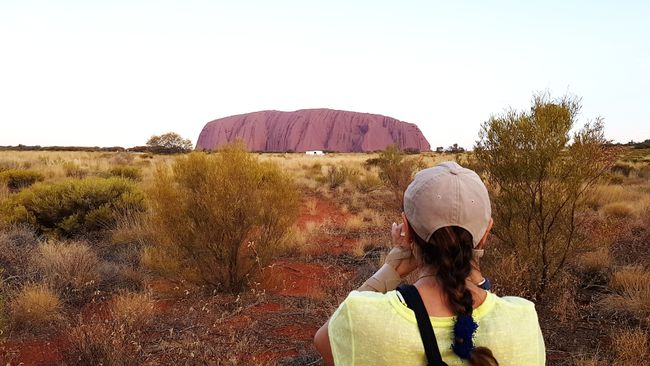
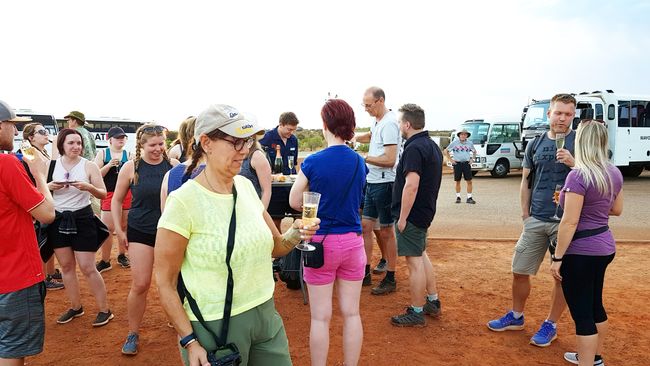
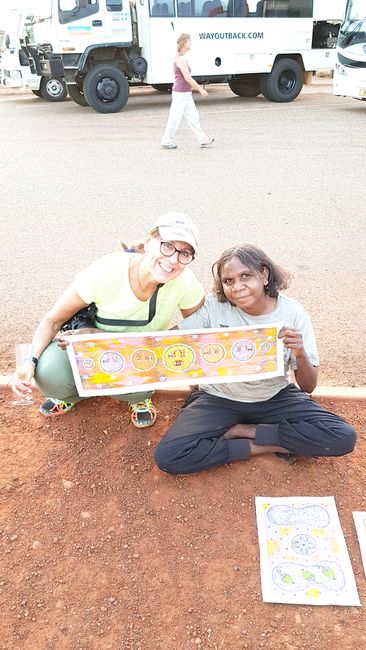
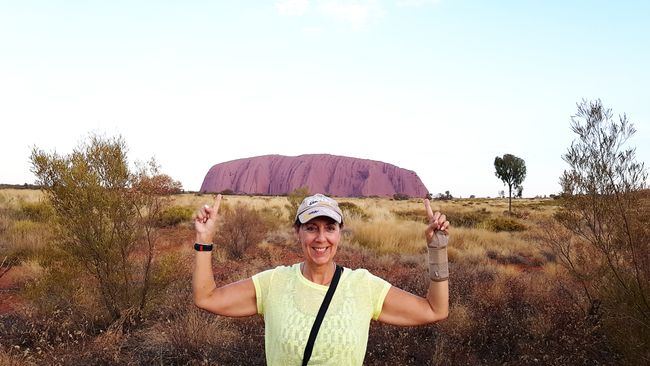
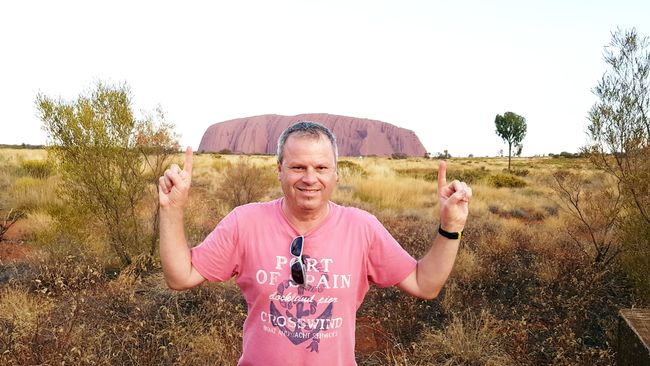
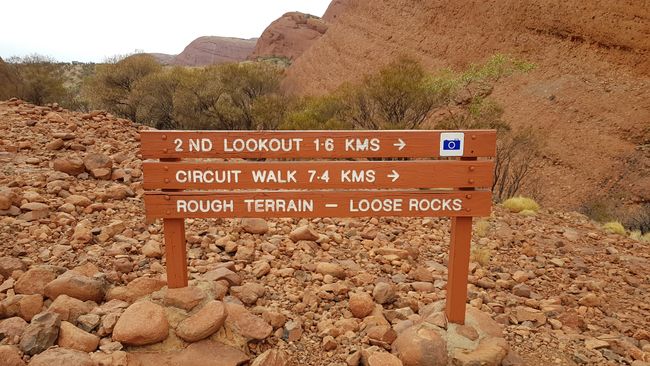
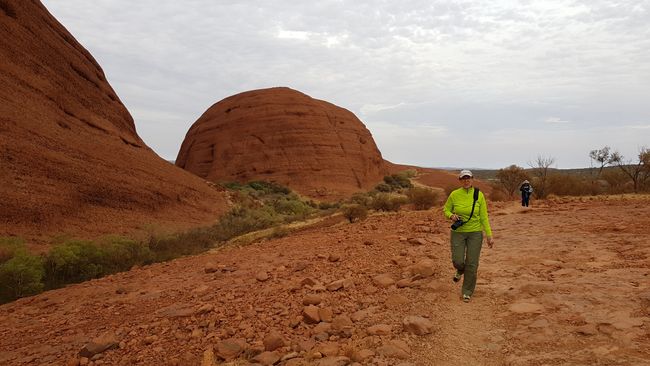
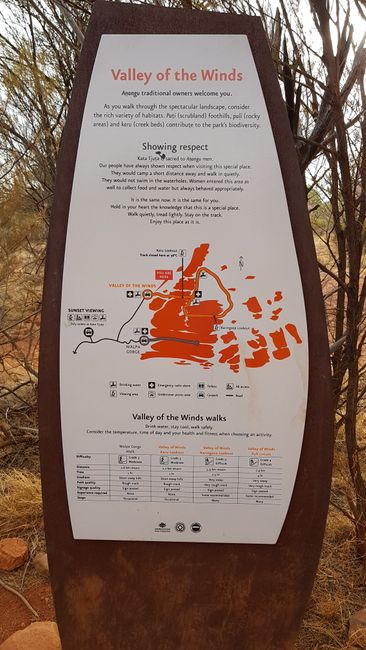
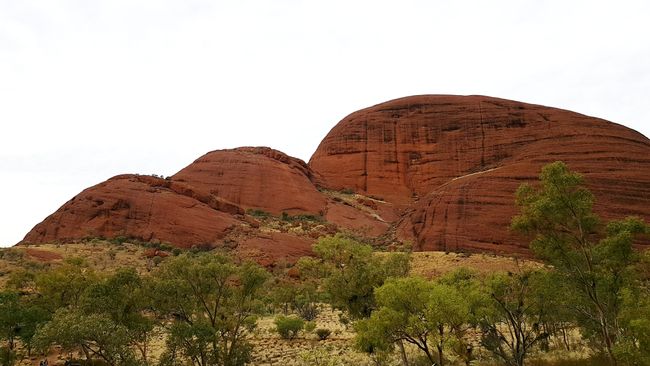
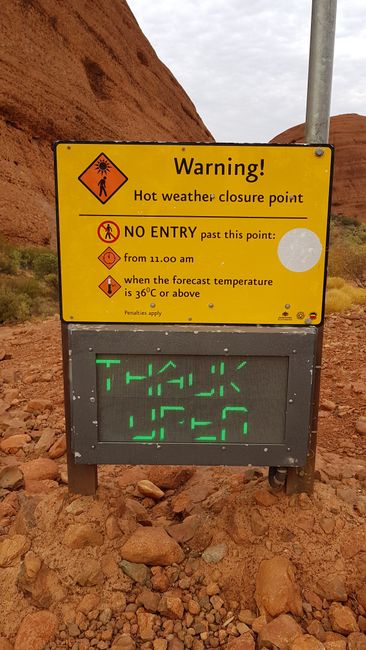
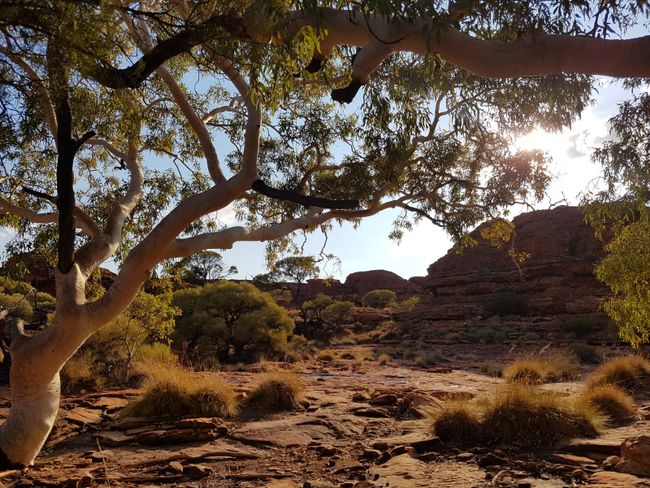
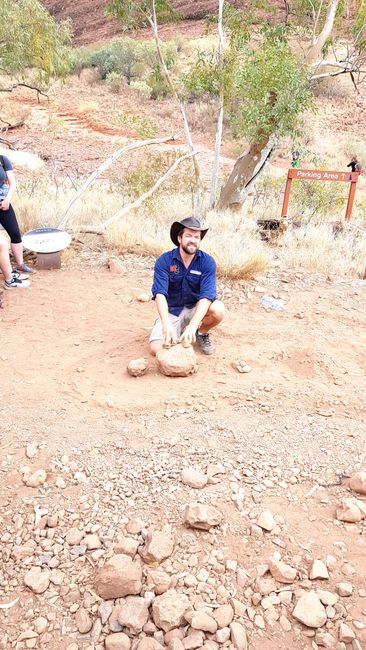
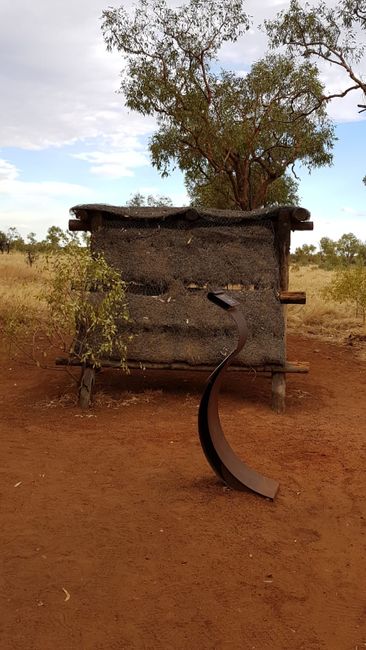
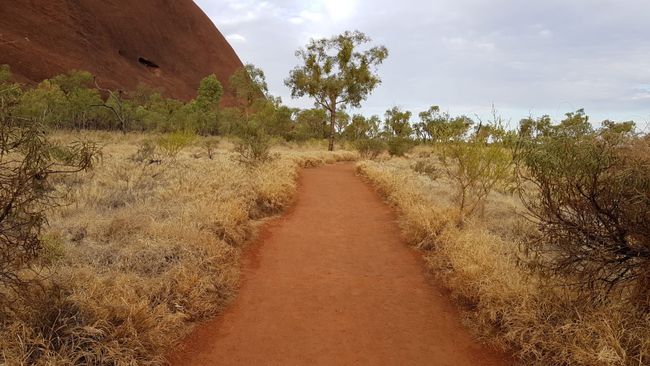
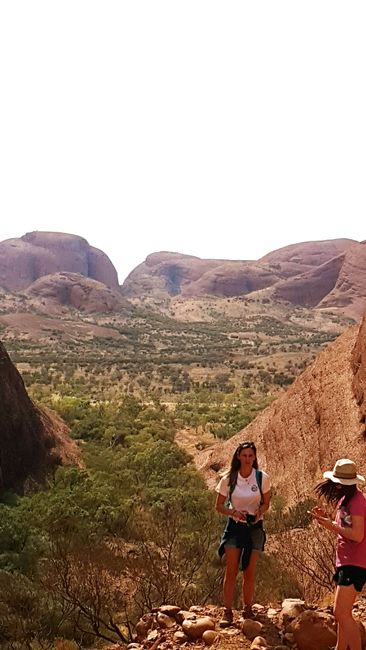
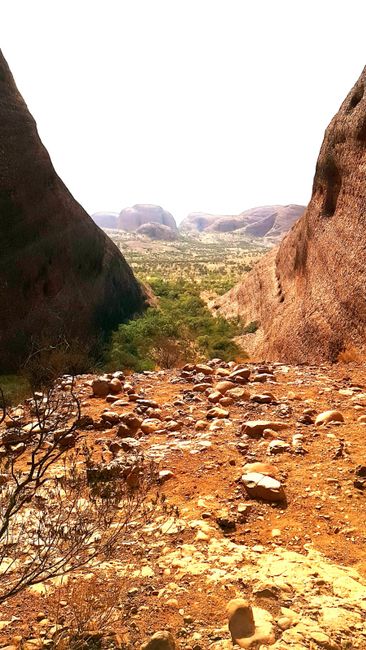
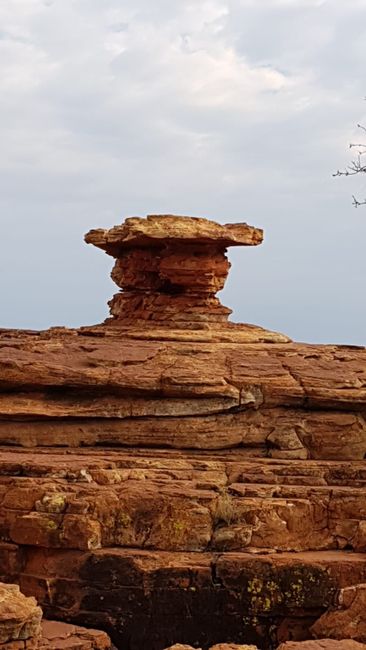
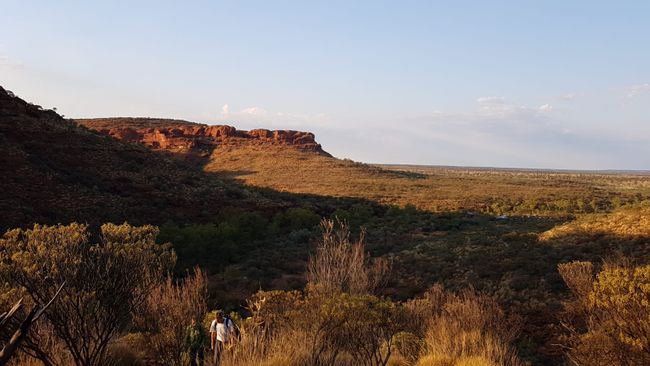
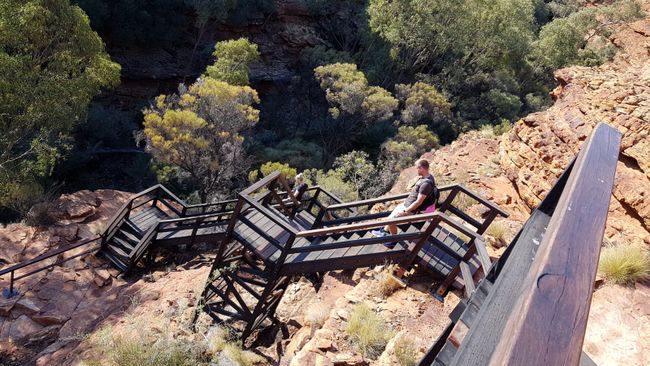
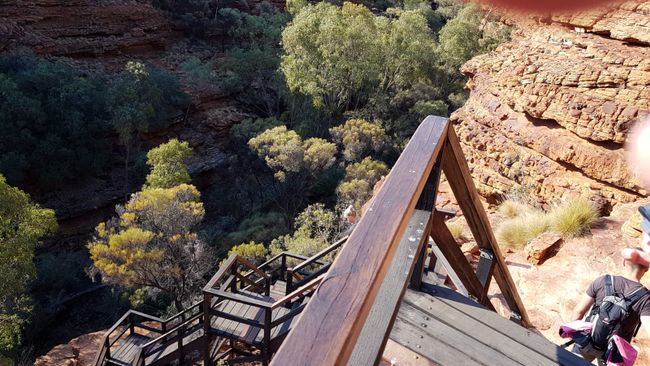
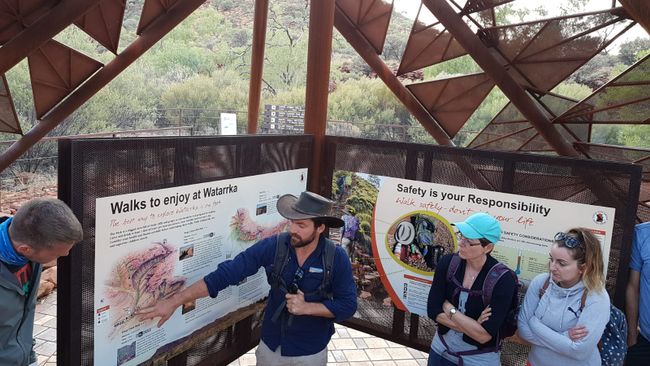
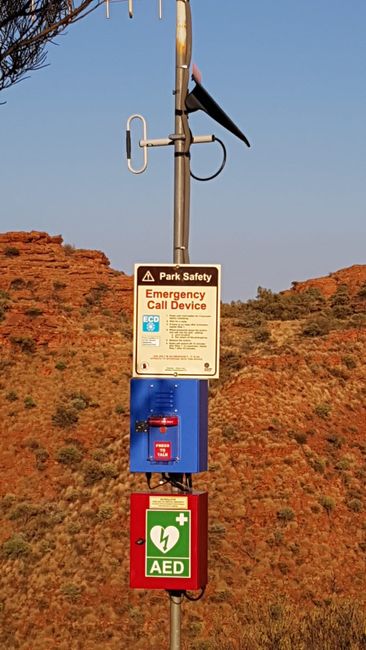
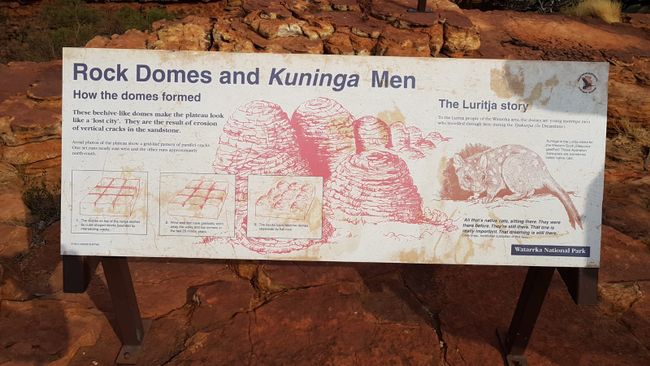
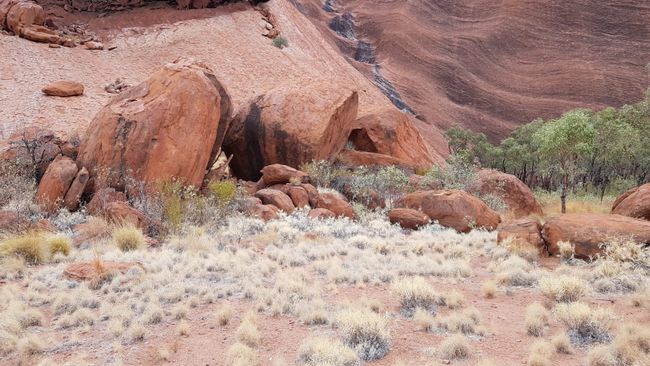
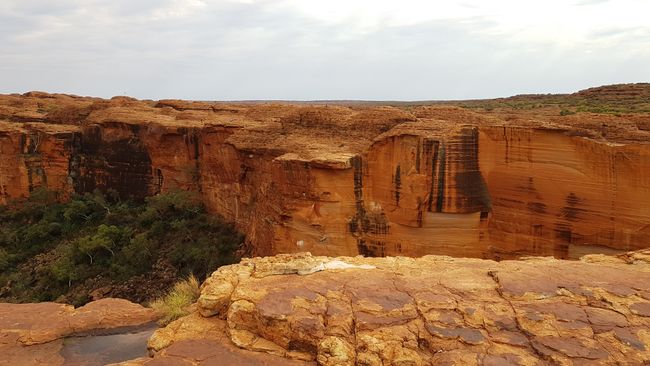
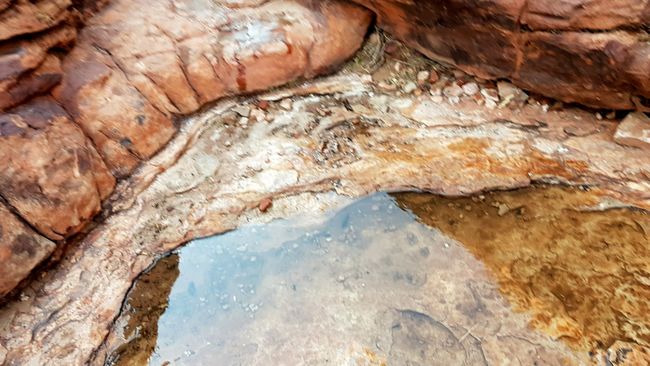
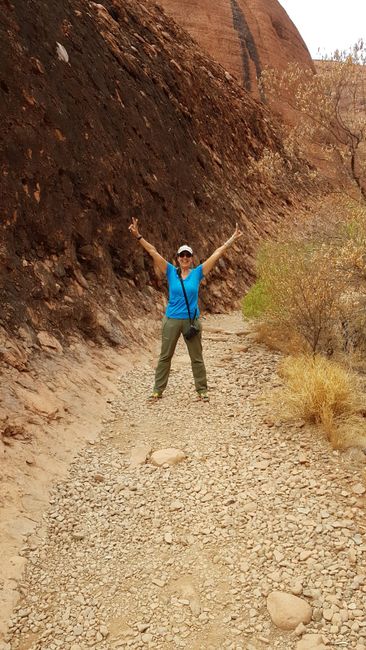
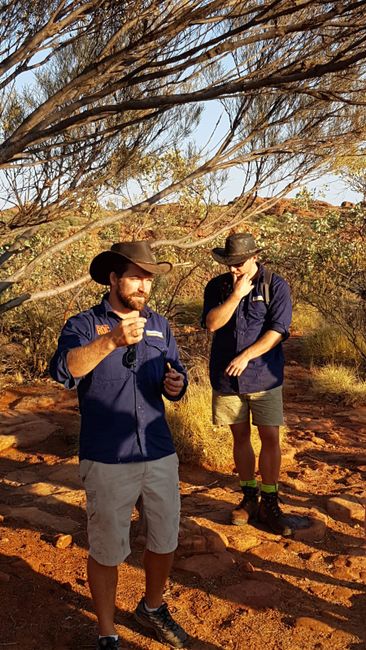
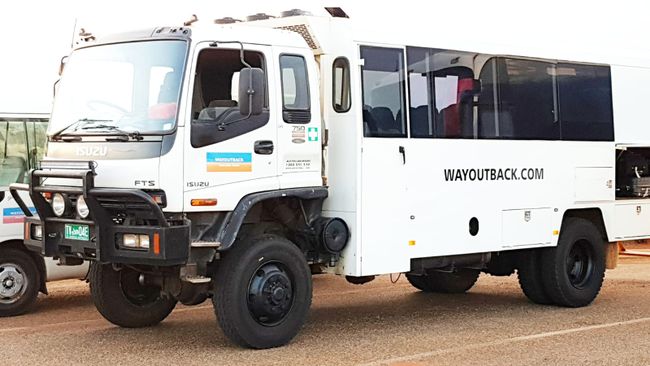
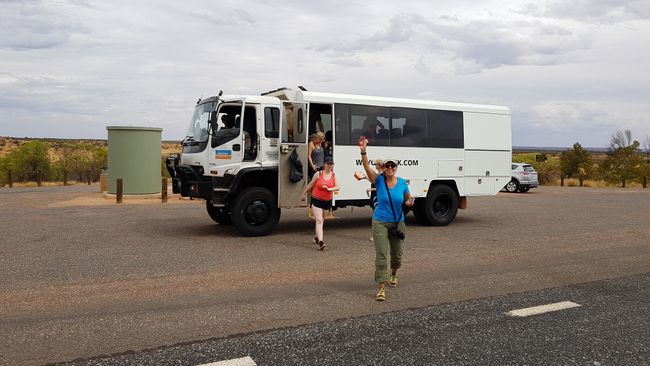
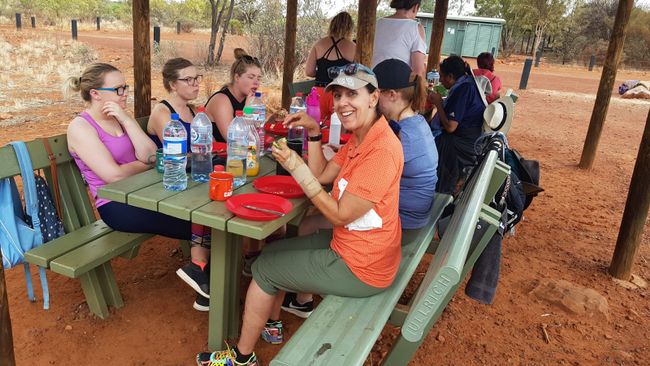
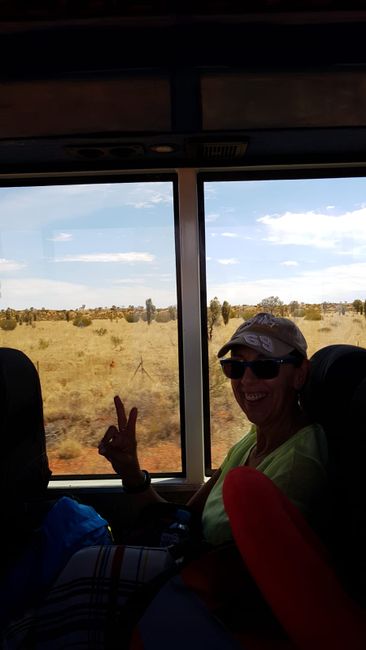
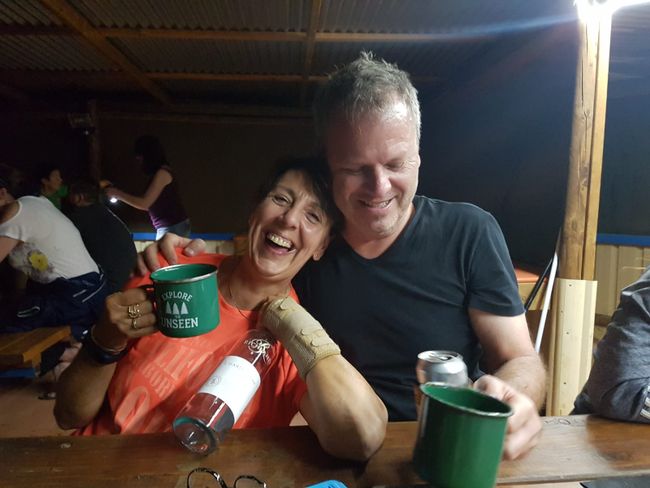
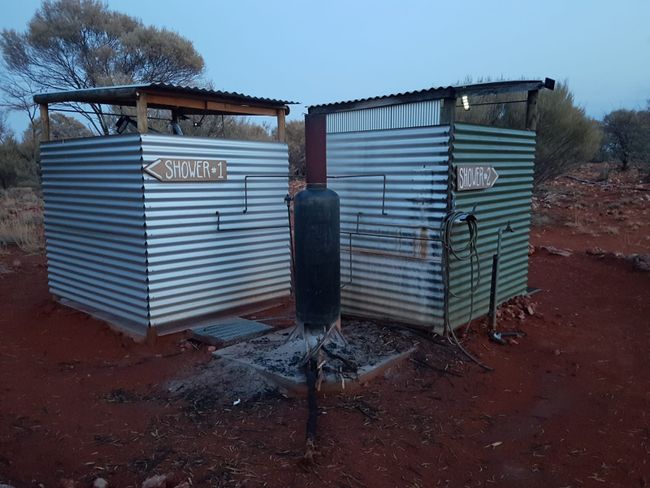
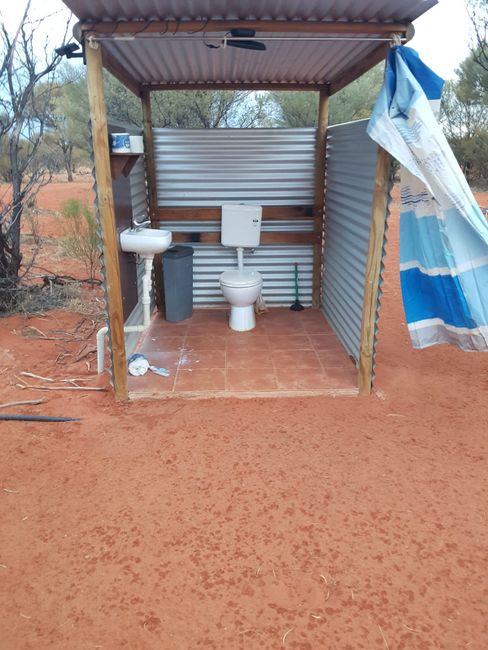
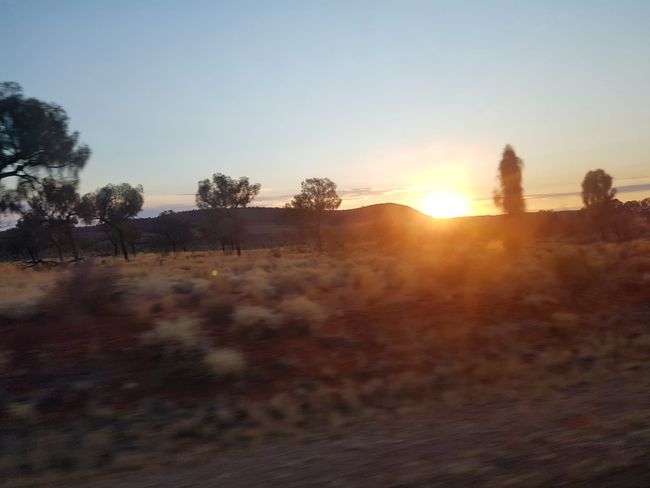
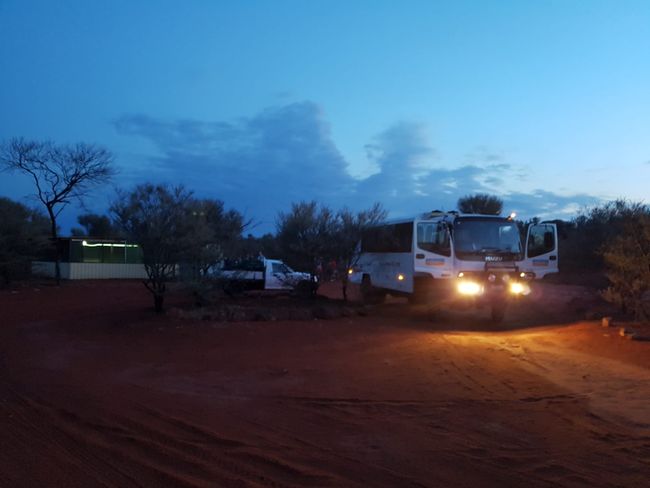
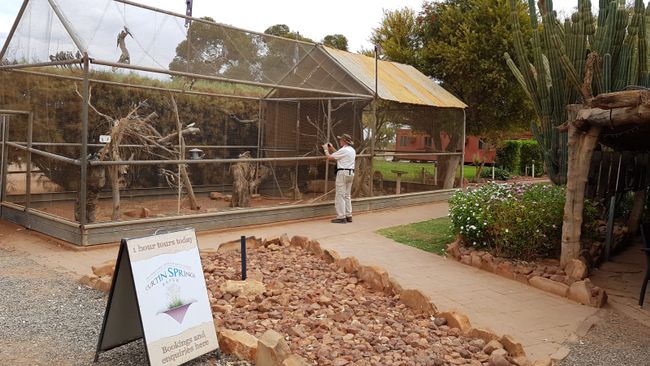
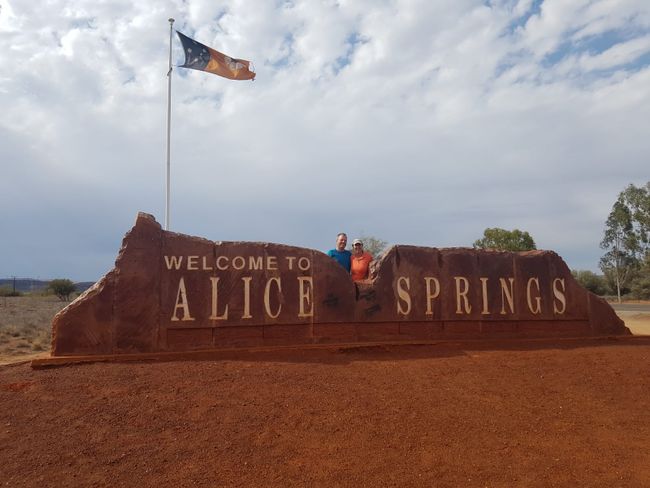
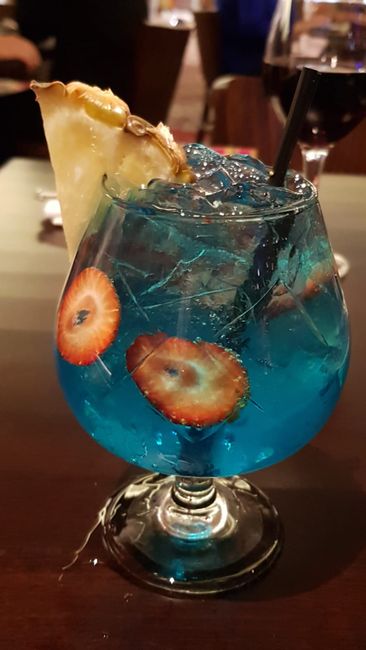
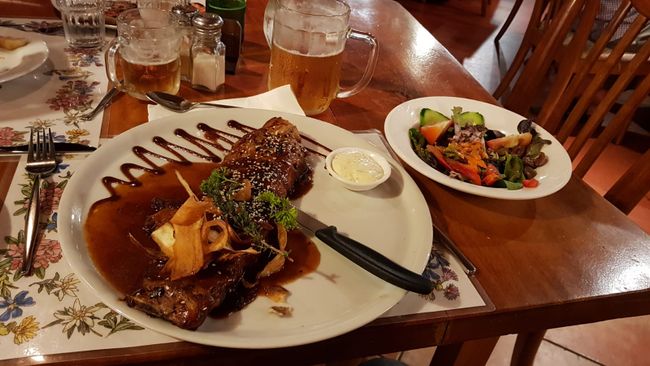
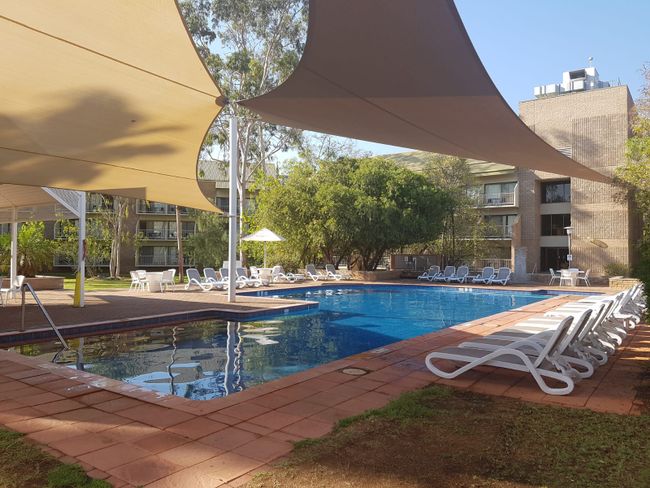
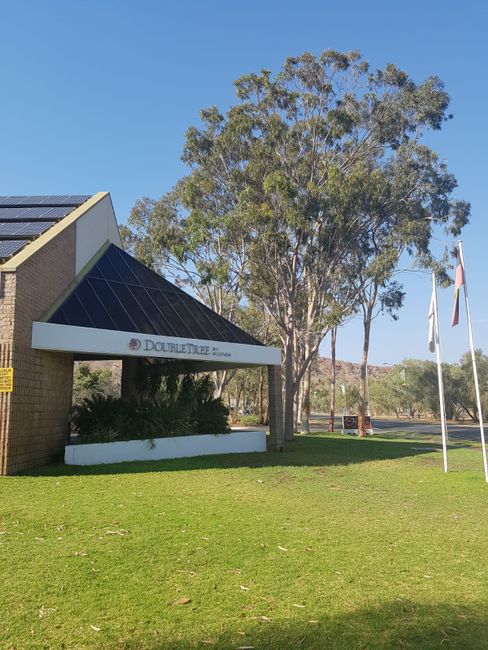
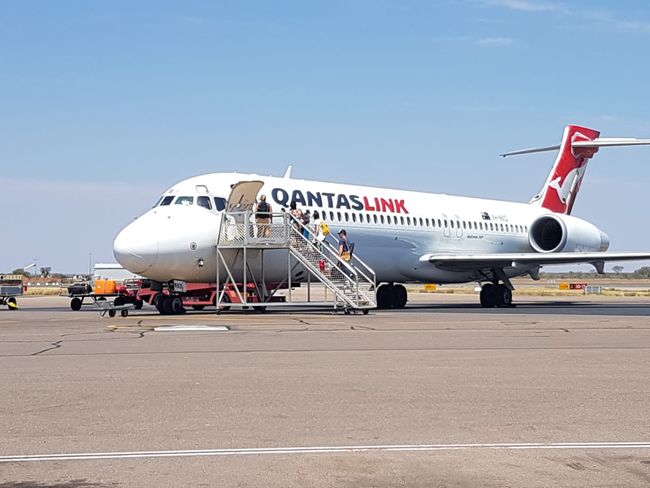
Subscribe to Newsletter
Ayers Rock:
'Back to the basics': Under this motto, our 3-day WayOutback tour to Uluru (Ayers Rock), one of the two landmarks of Australia in the 'Red Centre', took place. Here we were picked up at the airport by our guide Adam with the group and off we went. Straight to the red centre of Ayers Rock. Here Alice, an elderly woman of the indigenous people of Australia - the 'Aborigines', told us a lot about her land and the history of her land, ancestors and life in the Outback with the help of an interpreter.
In 2012, the land they live on was returned to the Aborigines, and together with rangers, the cultures are kept alive - everyone learns from each other.
We saw caves with their wall paintings, the meaning of which Alice explained to us. She also talked about tools and weapons. For example, there are different boomerangs of different sizes and shapes, mainly those used for hunting, but also so-called 'returning boomerangs', which come back to the thrower.
Many leaves and herbs were used as medicine. Art is closely linked to myths and serves to pass on life wisdom.
Rock walls, tree bark, and their own bodies were used for painting. Music and communication were performed using their didgeridoo (wind instrument).
It is worth reading the history of the indigenous people of Australia here.
On the 2nd day, we visited Kata Tjuta for a 7-kilometer hike through the Valley of the Winds and stayed overnight at Kings Creek Station.
Wake-up call was at 5:15 am, breakfast was served until 5:45 am. Then we walked to the viewpoint for the sunrise at 6:18 am, but we were unlucky - it hid behind the clouds. We were on the Kata Tjuta 'Valley of the Wind' trail for nearly 4 hours. The path was rocky and difficult to walk. Added to that was the intense heat (35 degrees) and the steep incline.
When we reached the highest point, we were rewarded with a wonderful view.
On the 3rd day, we explored the nature around Watarrka (Kings Canyon) with highlights such as the Amphitheater, The Lost City, and The Garden of Eden. A very varied and challenging tour. The formation of this canyon goes back more than 250 million years.
Afterwards, we drove about 50 km with the all-wheel-drive Unimog on an unpaved gravel road to Alice Springs, to enjoy a bit more hotel comfort after 2 nights in tent camps on camp beds.
The next morning we continued by plane to Cairns on the east coast, where the tour continues along the Queensland/Gold Coast coastal sections with a rental car.
Subscribe to Newsletter
Bersiv
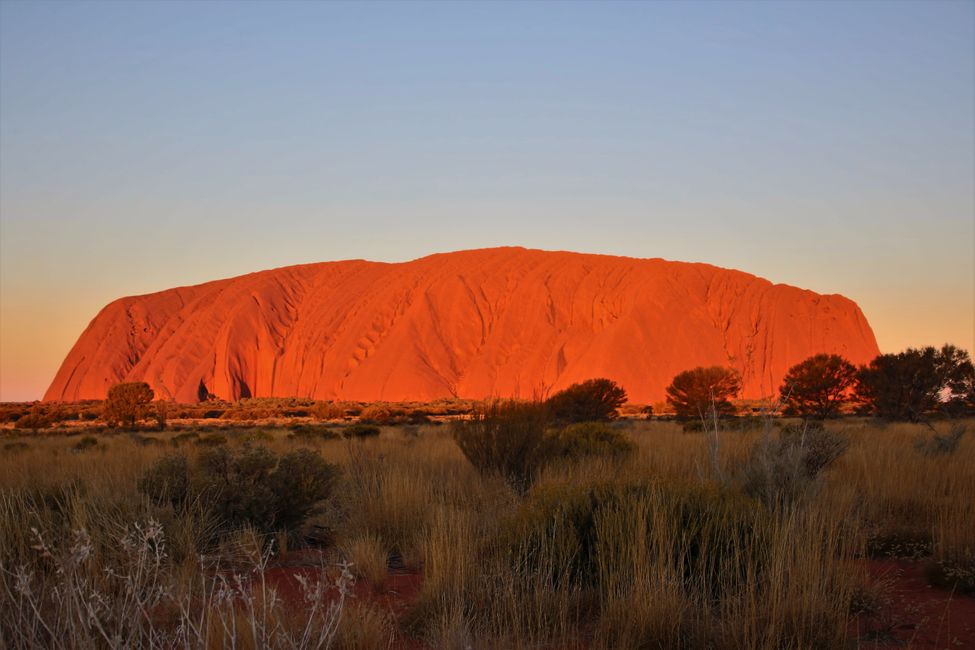
Raporên rêwîtiyê Awistrelya

